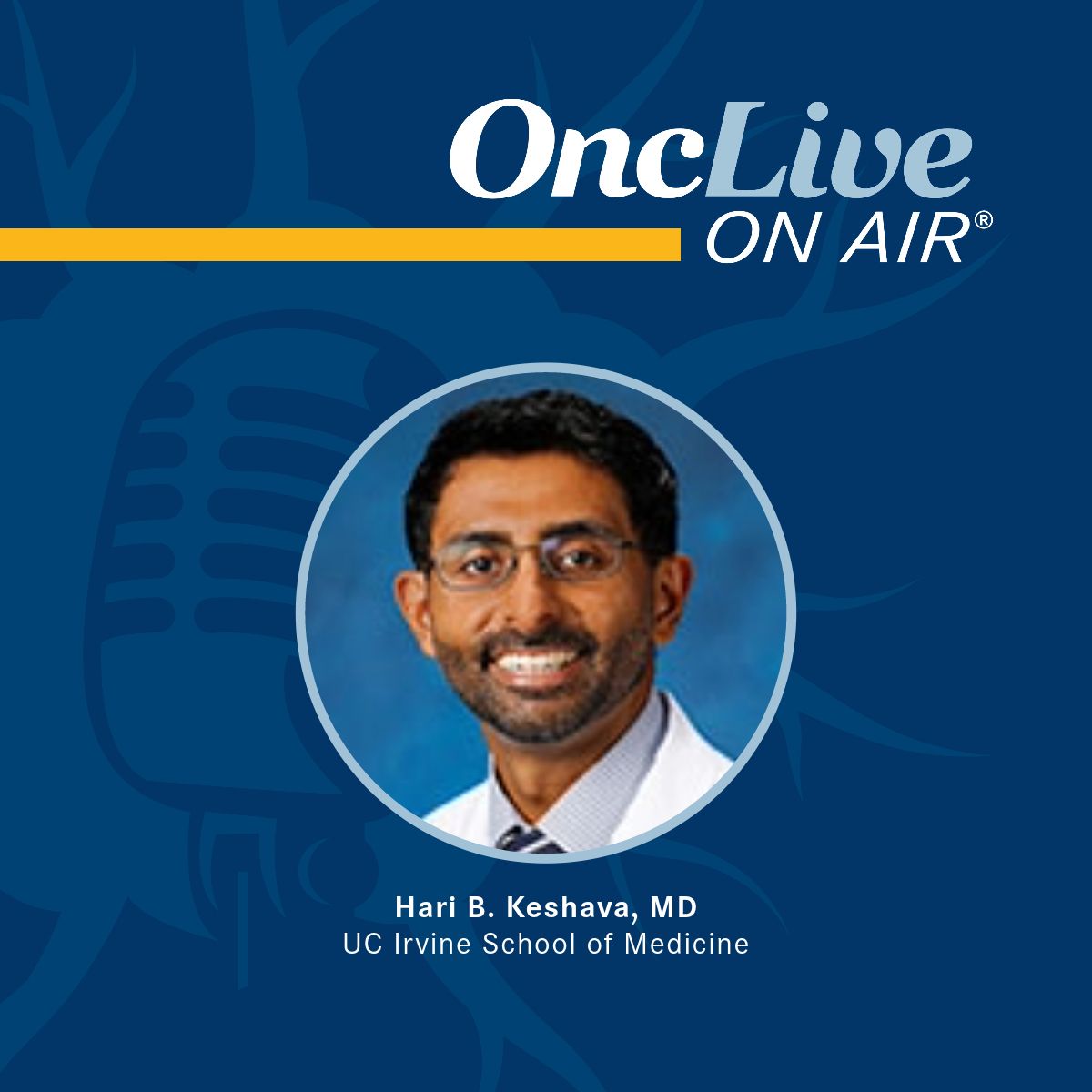Commentary
Video
Dr Bazhenova on Treating Patients With Advanced NSCLC Harboring EGFR Mutations
Author(s):
Lyudmila A. Bazhenova, MD, discusses how to treat patients with non–small cell lung cancer who present with EGFR mutations, highlights how to accurately pinpoint gaps in lung cancer care, and expands on how to address these gaps in patients with non–small cell lung cancer.
Lyudmila A. Bazhenova, MD, medical oncologist, professor, clinical medicine, University of California San Diego Moores Cancer Center, discusses how to treat patients with non–small cell lung cancer (NSCLC) who present with EGFR mutations, highlights how to accurately pinpoint gaps in lung cancer care, and expands on how to addressthese gaps in patients with NSCLC.
Gaps in clinical care that have been identified thus far in the treatment of patients with EGFR-mutated NSCLC span the whole spectrum of the management of this disease and are especially prevalent in the first-line setting, Bazhenova begins. Currently, the standard of care for this population is treatment with osimertinib (Tagrisso), she notes. However, other compounds under investigation may receive approval for this population in the future. Additionally, researchers should continue to evaluate the benefit of combining EGFR TKIs with chemotherapy in patients with EGFR-mutant disease, she explains.
The phase 3 FLAURA-2 study (NCT04035486) showed that patients with EGFR-mutated advanced NSCLC who received osimertinib plus chemotherapy experienced a statistically significant and clinically meaningful progression-free survival (PFS) benefit vs those who received osimertinib alone. However, although the addition of chemotherapy to osimertinib elicited a PFS benefit in this trial, researchers should consider how much of a survival benefit is acceptable when combined with the increased toxicity associated with chemotherapy, Bazheniva expands.
Other gaps in NSCLC management include the unclear roles of circulating tumor DNA and minimal residual disease monitoring in first-line treatment decisions, as well as a lack of understanding regarding the role of co-mutations, such as p53 and RB10, Bazhenova emphasizes.
However, the biggest gap in the treatment of patients with EGFR mutations is the lack of data regarding the optimal treatment of patients who develop disease progression, she continues. For example, for patients who develop BRAF or RET fusions per a post-progression biopsy, there are currently no approved treatments, Bazhenova says. In addition, the only data to guide treatment decisions in this population come from case reports, she notes.
Furthermore, patients with EGFR exon 20 insertion mutations need more effective therapies, according to Bazhenova. Although second-line agents are approved for this population, they are associated with toxicities, and the mechanism of disease progression on these agents is unclear, Bazhenova emphasizes. Additionally, although researchers at The University of Texas MD Anderson Cancer Center have developed a new subtype classification system for patients with atypical EGFR mutations, more data are needed to determine the optimal treatment strategies for patients in each new subtype, Bazhenova concludes.








